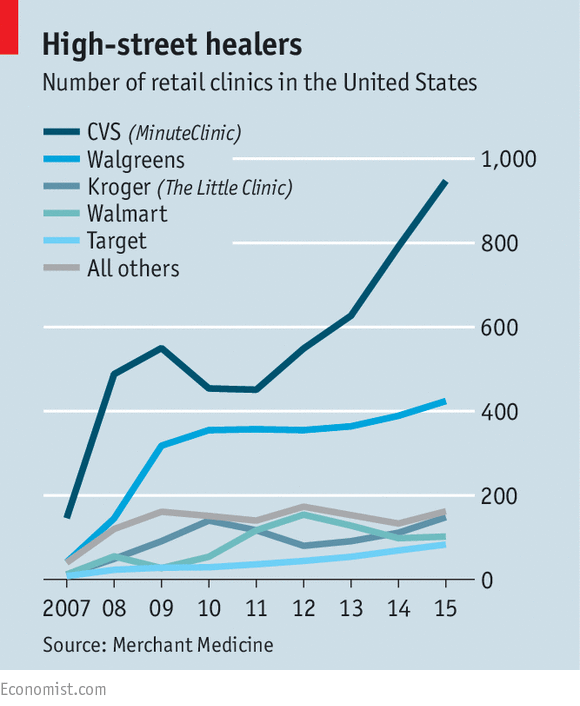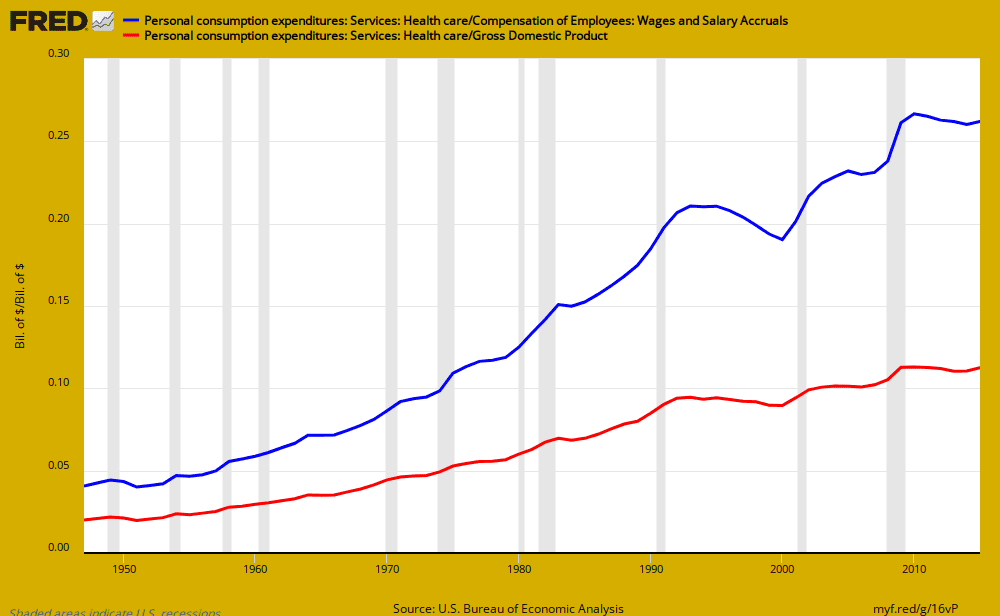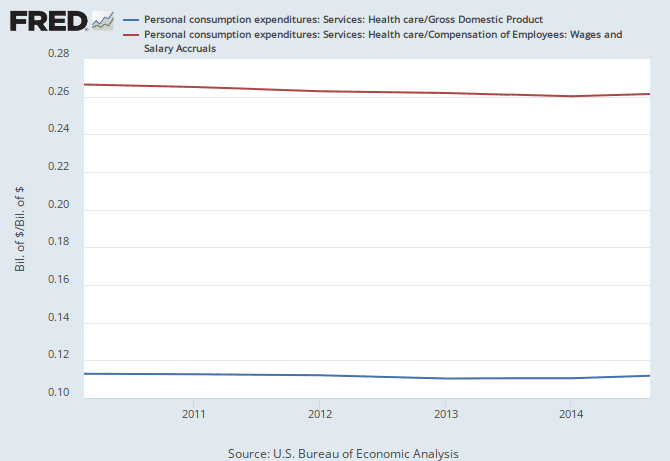- Thread starter
- #41
I do not believe the evidence supports either better healthcare--that is certainly not the experience of my family--or lower costs which is also not the experience of my family and, if we believe the sources I posted, is not the experience of most people.
What do you think the evidence does support? Seems rather unambiguous to me.
Are hospitals getting safer? Yes. ("U.S. hospitals make fewer serious errors; 50,000 lives saved")
Are hospitals improving on key quality measures? Yes. ("The Joint Commission: Hospitals make strides on core measures with more achieving 'top performer' status"; Hospital readmission rates heading in the right direction)
Are the docs and hospitals that teamed up to coordinated care under the ACA showing improvement on quality metrics? Yes. (ACOs continue to succeed in improving care, lowering cost growth)
The reason these things are measured in a systematic way is to offer an objective picture of what's happening to "most people."
And since Obamacare went into effect the emergency rooms are crowded and overflowing more than they were before and now the urgent care centers are being backed up too. Why? Because there are fewer doctors treating more patients and they usually won't take a patient on short notice.
First of all, as The Economist noted in "Shock treatment: A wasteful and inefficient industry is in the throes of great disruption" just a few weeks ago, lots of innovative options for lower-acuity health issues are springing up and/or expanding. That includes more and more retail clinics and urgent care centers, precisely to give people who don't need to be in an ER other options.
For injuries and illnesses that are more serious but not immediately life-threatening, lots of “urgent-care centres” are being opened as an alternative to going to a hospital emergency unit. Private-equity firms are pouring money into independent chains of centres. Merchant Medicine, a consulting firm, reckons that between them, these chains now have just over 1,500 urgent-care centres, up from about 1,300 at the start of 2013. The market is still fragmented but a national brand could emerge from one of the largest chains, such as Concentra or MedExpress.
Some hospital operators, seeking to cut their costs of care, and choosing to be among the disrupters rather than the disrupted, are also opening urgent-care centres. Aurora Health Care, a Wisconsin-based chain of hospitals and clinics, now has more than 30 of them.
Hospital operators are now facing a classic “innovator’s dilemma”, as described by Clay Christensen, a Harvard business professor. If they persist with their high-cost business model even as their customers discover that cheaper alternatives are good enough, they will be in trouble. According to Strata Decision Technology, an analytics firm, many hospital groups saw what was coming and started to cut their costs well before the provisions of Obamacare started to bite. One of the fastest movers is Advocate Health Care, a hospital operator from Illinois, which says it now earns two-thirds of its revenues from value-based payments.
Thus far the system is not being overwhelmed: Report: Doctors Not Seeing a Surge in New Patients Under ACA.
I'll refer you to my sources already posted for rebuttal to your sources. I have read ALL the argument supporting Obamacare. And have noted that yes some things do seem to be improving, and have also noted that none of the things that have been improving can be definitely linked to Obamacare. The best we can say is that Obamacare hasn't made everything terrible and may or may not have contributed to improvements. But we cannot say that the improvements would not have happened anyway with much less disruption and cost.
It is little comfort that they now project that Obamacare will cost less than they first projected when the reduction in the projected cost is still unsustainable and indefensible. (And even there the honest evaluators admit that Obamacare may not have anything to do with current costs being less than anticipated but the reason is far more likely the crappy economy that Obamacare has helped create or sustain.)




